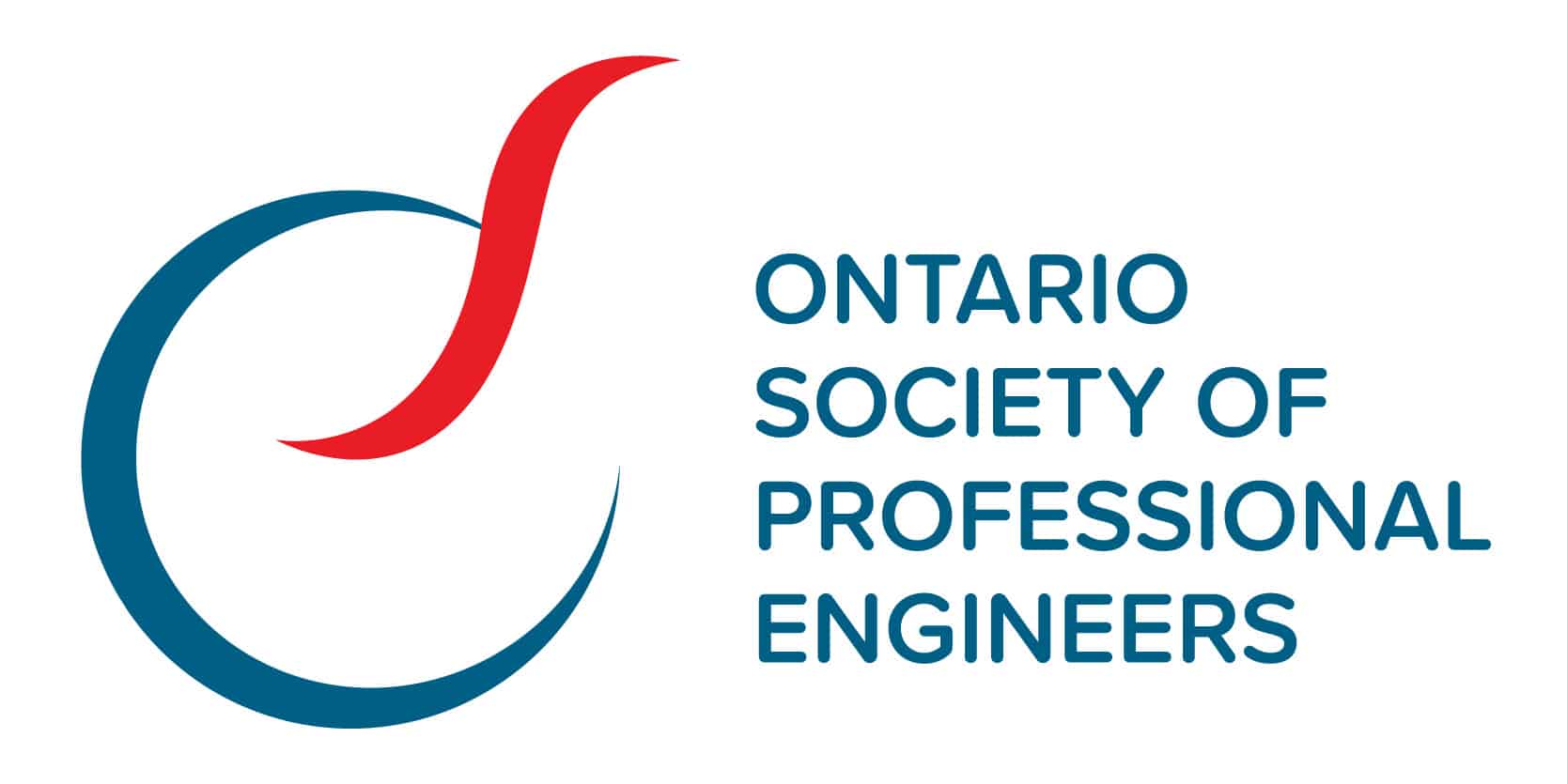
Leading up to National Engineering Month (NEM) 2021, we will be sitting down with educators, regulators and associations within the engineering industry for a question and answer style interview series.
What follows is a transcript of an interview I had with Jim Vlahos, Executive Director at the General Contractors’ Association, Toronto (GCAT).
Q: How did you first hear about National Engineering Month?
A: Erin Cimino, our Educational Outreach Consultant first came to our organization with the sponsorship opportunity about five years ago. We are primarily a construction labour relations organization that conducts collective bargaining with six construction trades as well as an advocate for unionized general contractors with respect to labour and health and safety issues. Part of our mandate is to promote the construction industry and particularly careers in construction management, so we created Career Edge about 6 years ago to try and reach out to students, teachers, parents and the various professional organizations that govern many of these management positions. National Engineering Month (NEM) sounded like a great opportunity to plug into the engineering community and show our appreciation for the role engineers play in the construction process, as well as a way to introduce people to the career possibilities within construction that an engineering degree can provide.
Q: Have you had any involvement with NEM in the past?
A: Yes, I believe this is our fifth year and are very proud to continue our affiliation with NEM. It’s a very different year, obviously, but I am certain that NEM will still provide a great opportunity for people to explore, promote and celebrate engineering.
Q: The theme for NEM 2021 is lifelong learning. What does the concept of lifelong learning mean to you & why is it important?
A: I am a lawyer by practice and worked as General Counsel for a construction union prior to taking this role 8 years ago. In law, as in many careers, the concept of continued education is an integral part of maintaining your license. Continuing to learn and explore developments and changes within your field, or in our case construction technology, is paramount to thriving and succeeding within the industry. On the labour relations side of things we have changes in legislation, judicial decisions and jurisdictional changes amongst unions, amongst other things, that we have to stay on top of in order to properly bid and assign the work. It is cliché, perhaps, to say but I think we are all lifelong students and provided you are receptive to change and development, you should aspire to be a lifelong learner.
Q: How has the pandemic impacted the engineering industry & what can we learn from it?
A: While I can’t speak about the engineering industry specifically, I can say that the construction industry has by-and-large remained operative and largely incident-free. The construction industry is a major revenue generator, with multi-million to billion dollar projects driving employment and improved standards of living across the Province. We have been very fortunate to avoid the shutdowns experienced by other industries, but remain vigilant on our sites to avoid any future issues.
Q: I understand you’ve had a name change recently. Can you tell me more about that?
A: When our organization started out we were a division of the Toronto Construction Association (TCA). Over the years the General Contractors’ Section, as it was known then, grew to have its own board of directors and mandate for promoting unionized construction. Changes in Ontario’s legislation governing corporations and not-for-profits legally necessitated us to independently incorporate from the TCA, which we did about 6 years ago with a change to “General Contractors’ Section, Toronto”. Over time we found that the name still lent too much to our history rather than our present and future, so we decided to look for something that was more a clean break. Hence, The General Contractors’ Association of Toronto, or GCAT.
Q: How is GCAT advancing the engineering profession?
A: While our Career Edge program does not focus specifically on engineering, but rather all available careers in construction management, engineering plays a crucial and ongoing role in the construction process and our board identified a need to connect more directly with the engineering community.
Q: What does the future of engineering look like?
A: Despite the current global pandemic, I do believe that the future of engineering, particularly as it relates to our industry, looks bright. We have many upcoming construction projects in the pipeline that are sure to require the continued insight, experience and knowledge that engineers can offer. For students currently pursuing engineering I would strongly encourage them to continue pushing forward, even if times are tough at the moment. There are a lot of opportunities waiting for you out there. While it is impossible to be out and about networking and canvassing educational and employment opportunities, students should be embracing technology and pursue every virtual opportunity to connect and interact with their peers and senior professionals in their industry.


